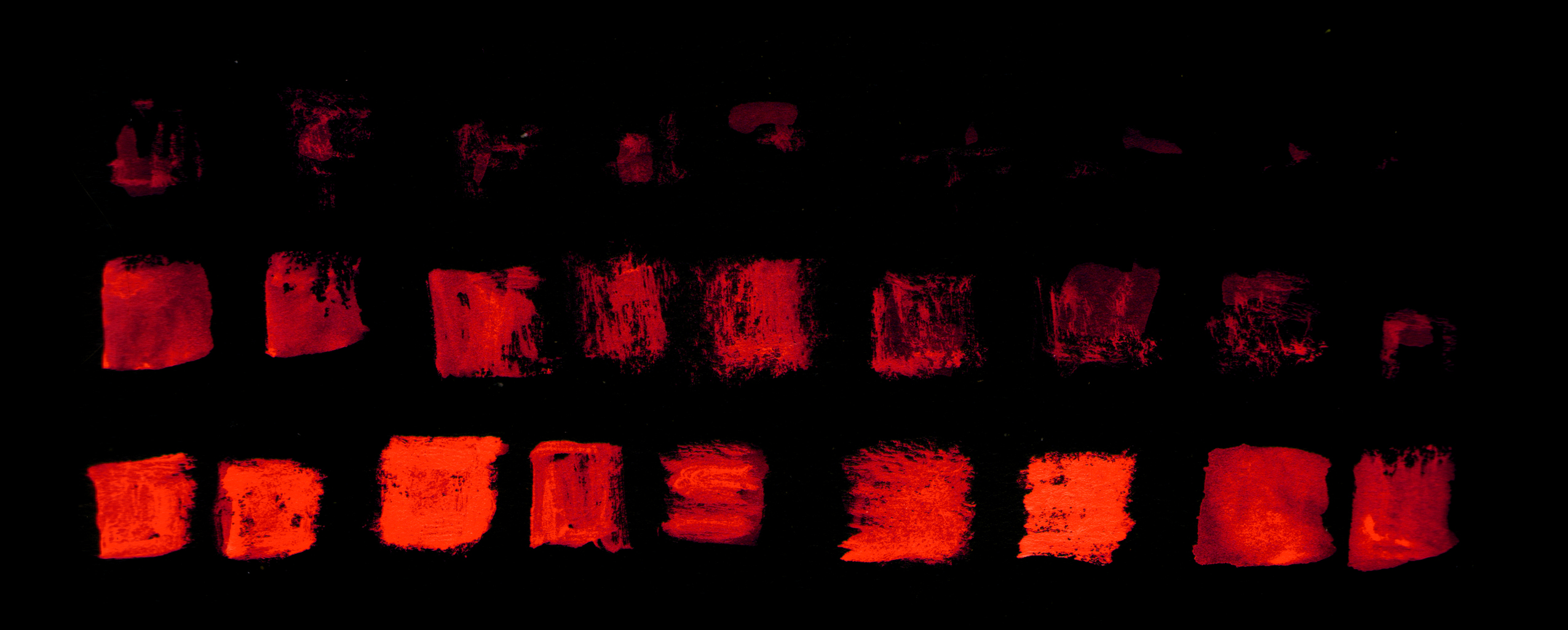Three or four thousand soldiers drive the wandering races of the aborigines before them;
these are followed by the pioneers,
who pierce the woods, scare off the beasts of prey, explore the courses of the inland streams,
and make ready the triumphal procession of civilization across the waste.
Alexis de Tocqueville, Democracy in America
« The present state of the world is not a war of civilizations. It is a civil war: it is the internal war of a city, a civility and urbanity, as they are being deployed to the limits of the world”.1 This globalized, yet broken, world is acting out its cultural flaws. According to Nancy, the community is now separated, face to face, confronted (by a gap) within itself. Consequently, this author puts forward the necessity to think through the possibility for this confrontation as being a law of human togetherness.
The law of the house (cf. the etymology of the word economy) demands that choices be made. Whether on a global or domestic scale, the human house is also a place for sorting: “Non trash belongs in the house; trash goes outside.” (STRASSER)3 Forms of “cultural housebreaking” (as we say of a domesticated animal that it is ‘housebroken’) contribute to the cohesion and sense of belonging of human settlements, family groups and social bodies, as do their indispensable counterpart, the forms of warehousing for displaced, redundant and disposable people. In the context of a globalized world, these conflicting, often violent, dynamics and events are exacerbated. In answer to a set of security, identity and cultural imperatives, the sites of domicide – “the murderPORTEOUS & SMITH)4 are also expanding, offering a colonizing and dominating response to human coexistence, at real risk for the common habitat.
To live, one has to kill. When this complex and common reality of survival – which is not “resolved” by culture – becomes aggravated by mutual exploitation, the choice leading to the decision of what and whom to kill in order to (better?) live is one of the most cultural of choices. In what other way can we possibly address the continuity of the living and the issue of human coexistence? Borrowing a page from Robert Antelme’s experiential book, The Human Race (1947), this intervention and visual essay will invite participants to explore the transformative power of conflict, a certain performativity of resistance – namely resistance to opposition within a (self)confronted community, as well as resistance to forms of choice-making that reinforces inclusion/exclusion – and the disquieted space of ethics: “It’s now, alive and living as waste, that our reason triumphs.” 2
Louise Lachapelle
Paper abstract « WASTE. Conflict, resistance and the disquieted space of ethics.
Red Square, ‘Maple Spring’ (the 2012 protests in Québec) and other ‘cultural housebreaking’ « ,
RIOT, REVOLT, REVOLUTION
1. Jean-Luc Nancy (2001), La Communauté affrontée, (My translation.)
2. Robert Antelme, The Human Race. Original 1947 French text, First published in 1992, (My translation.)



































